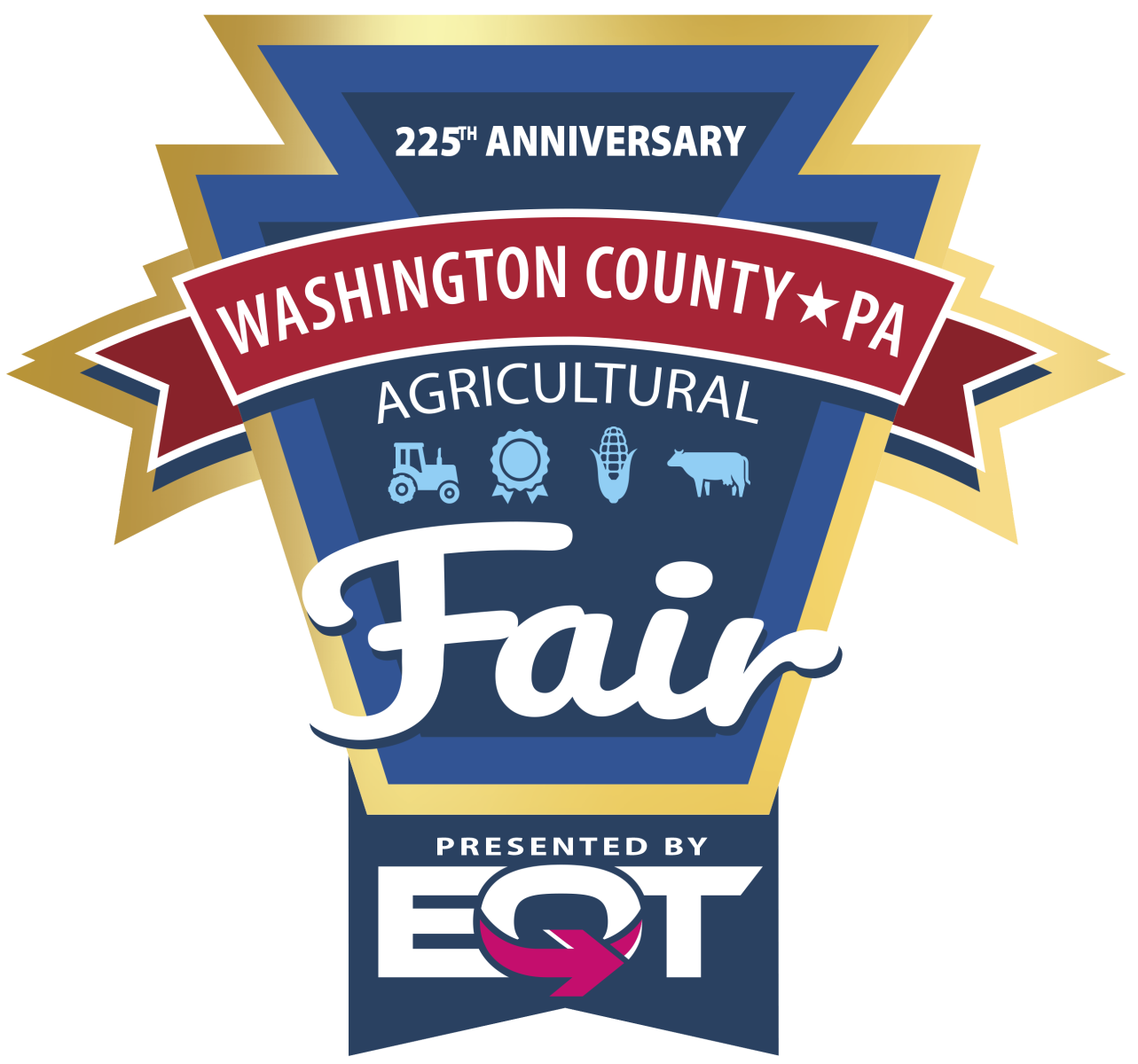Washington County boasts a rich agricultural heritage that has played a pivotal role in shaping its identity. Among its many agricultural practices, cattle farming stands out as one of the most significant and enduring traditions. For centuries, the fertile lands and favorable climate of Washington County have supported a thriving cattle industry, contributing to the local economy and fostering a close-knit farming community. In this blog post, we will delve into the captivating history of cattle farming in Washington County, tracing its origins, growth, and modern-day significance.
Early Beginnings:
The roots of cattle farming in Washington County can be traced back to the region’s early settlement by European colonists in the 18th century. Many of these settlers, primarily of Scottish, Irish, and German descent, recognized the county’s vast grasslands and fertile soil as ideal for grazing livestock. They brought with them a deep-seated knowledge of animal husbandry and quickly established cattle farms as a means of sustenance and trade.
Development and Expansion:
Throughout the 19th century, the cattle industry in Washington County experienced substantial growth and expansion. With the advent of better transportation systems, such as canals and railroads, cattle farmers gained access to wider markets, leading to increased profitability. The county’s proximity to urban centers like Pittsburgh further bolstered demand for beef, dairy, and other cattle-related products.
Moreover, the development of improved breeding techniques and the importation of superior cattle breeds significantly enhanced the quality of Washington County’s livestock. Farmers selectively bred their herds to improve traits like size, weight gain, and milk production, laying the foundation for a prosperous industry.
The Emergence of Breed Associations:
As the cattle industry flourished in Washington County, breed associations began to emerge, signaling the professionalization and specialization of the farming community. These associations aimed to promote specific cattle breeds and ensure the maintenance of high standards. One notable example is the Washington County Shorthorn Breeders Association, founded in the late 19th century, which played a pivotal role in the promotion and advancement of Shorthorn cattle in the region.
Challenges and Adaptation:
Like any agricultural practice, cattle farming in Washington County faced its fair share of challenges. Disease outbreaks, such as foot-and-mouth disease and bovine tuberculosis, posed significant threats to livestock health, often resulting in the culling of infected herds. However, farmers persevered, implementing improved biosecurity measures and working closely with local veterinary authorities to mitigate these risks.
Another challenge emerged with the advent of industrialization in the 20th century. As urbanization spread and land values increased, many farmers faced pressures to sell their land for development. Despite these challenges, a resilient farming community in Washington County managed to adapt to changing times, finding innovative ways to sustain their operations and preserve their agricultural heritage.
Modern-Day Significance:
In the present day, cattle farming continues to play a vital role in Washington County’s agricultural landscape. The county is home to numerous beef and dairy farms, contributing to the local economy and supplying high-quality products to the region and beyond. Many farmers have embraced sustainable and organic farming practices, responding to the growing demand for ethically raised and environmentally friendly food.
Moreover, the close-knit farming community in Washington County remains an essential aspect of the region’s social fabric. Farmers’ markets, agricultural fairs, and educational programs foster a sense of community and provide opportunities for residents and visitors to engage with the county’s agricultural heritage.
The history of cattle farming in Washington County, Pennsylvania, is a testament to the resilience and adaptability of its farming community. From humble beginnings, the industry has evolved into a significant economic and cultural force, shaping the county’s identity and contributing to shaping the county’s identity and contributing to its reputation as a thriving agricultural region. As Washington County continues to embrace sustainable practices and uphold its rich farming traditions, the legacy of cattle farming remains a source of pride and a symbol of the county’s enduring connection to the land and its agricultural roots.
